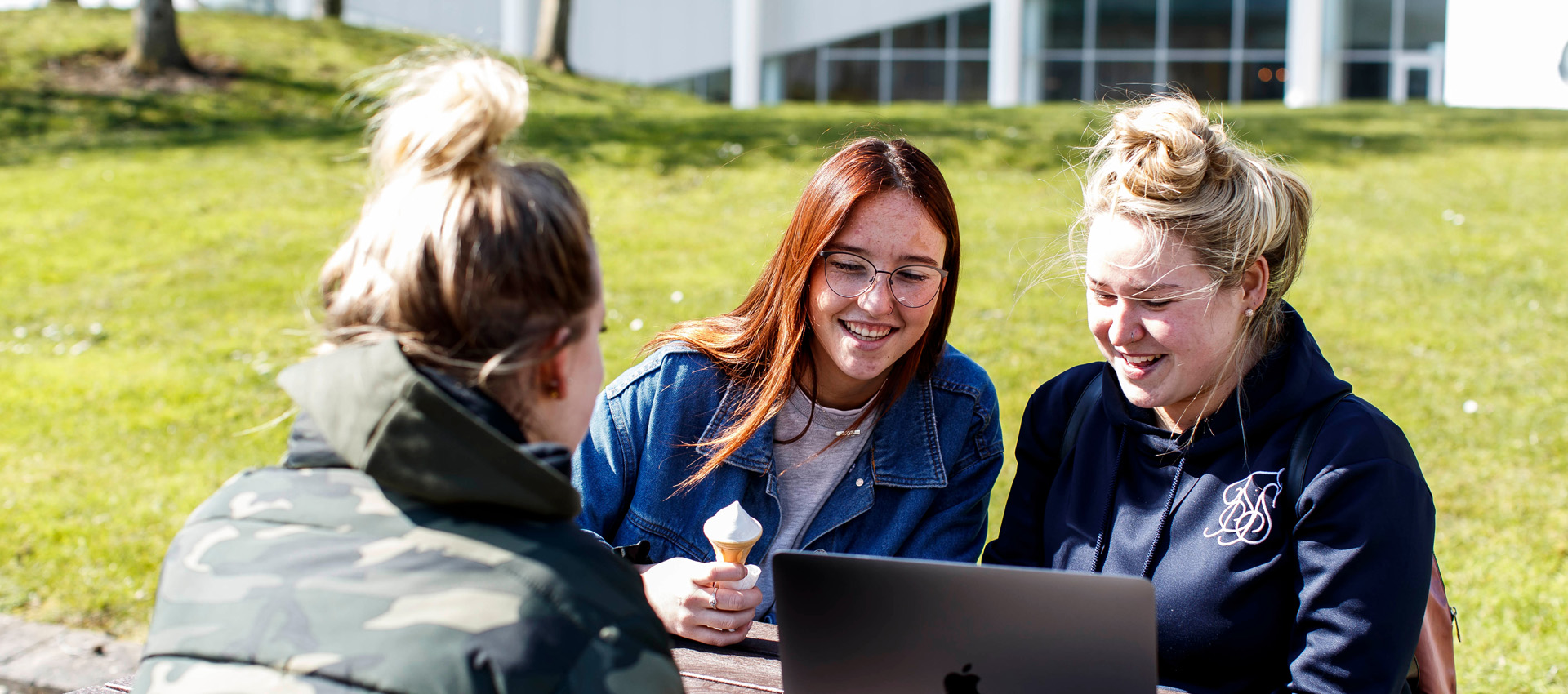Charting Your Course: Study Smarter, Not Harder
-
Prioritise and Plan: Make use of planning tools like calendars, planners, or digital apps to create a study schedule. Identify the subjects or areas you find challenging and allocate more time to them.
-
Active Learning: Engage in active learning strategies like questioning, summarising, and teaching others. These methods facilitate better comprehension and retention of information than simply reading or rote memorisation.
-
Take Regular Breaks: Contrary to what you might think, marathon study sessions are not the most effective way to learn. Research shows that taking regular short breaks can improve focus and productivity. Try a method like the Pomodoro Technique, where you study for 25 minutes, then take a 5-minute break.
-
Healthy Habits: Regular exercise, a balanced diet, and sufficient sleep can significantly boost your cognitive function and concentration. Remember, a healthy body fosters a healthy mind.
-
Leverage University Resources: Make use of the resources TU Dublin provides, like the Access Support Team, the Academic Writing Centre and the library. Attend lectures, engage with tutors, and utilise available study materials.
Remember, the goal is to navigate your academic journey efficiently and effectively. It's not just about studying harder, it's about studying smarter. Keep exploring different techniques and strategies to see what works best for you. Remember, every student's journey is unique, and so are the ways they learn best
You will need to communicate with staff – lecturers, tutors, administrators, and support staff – while you’re at TU Dublin. Most of your communication will be in person or by email.
Matters that you might need to inform or ask staff about could include:
- Absence or illness
- Impact of a disability or specific learning difficulty
- Academic difficulties
- Skills development
- Information about timetables, registration, venues, and so on
- Assignments or exams
- Personal issues
More positively, you may wish to thank staff, or engage with lecturers or tutors about their module content or research.
Don’t be afraid to ask for help from staff. It is good practice to ask a classmate or friend, or to check the TU Dublin website or Brightspace first, to see if your question can be answered there. If not, you will find that most staff at TU Dublin are welcoming and will be delighted to help with your query.
Occasionally you may need to email a member of staff – perhaps to arrange a face-to-face meeting or to alert them to a difficulty that you are experiencing. See our email etiquette tips if you are unsure about how to address staff by email.
The University uses email as an official means of communication with students and provides a TU Dublin email to each student for this purpose. All university correspondence will be sent to your student email account, it is important to regularly check your student email account as lecturers and support staff communicate via email.
Always use your TU Dublin email account when emailing members of staff. This way, they know that you are a registered student at the University. Many staff members will not respond to emails from non-TU Dublin email accounts.
Some lecturers have ‘office hours’, this is time outside of class to meet with students to discuss course-related queries, which include asking for extra help, seeking clarification of material presented in lecturers and following up on aspects of the course you find compelling.
Most lecturers do not require that students attend office hours. They expect students to decide for themselves when they need or want to participate. Lecturers usually announce their office hours on the first day of class and/or include them in the web-based course material on the VLE (Brightspace, Moodle).
If you are uncertain about crafting an email or navigating communication with academic staff, your Access support officers are here to help. They can provide guidance and assistance to ensure your message is clearly conveyed, respectful, and professional. Always remember, we're on this journey together and here to support your success at TU Dublin.
Subject Line: Make sure your subject line is clear and relevant. It should give a good indication of the email's content.
Professional Tone: Always maintain a professional and respectful tone. Remember, an email is not a casual text message.
Address Correctly: Start the email with an appropriate salutation, addressing the recipient by their title or name unless they have told you otherwise.
Clear and Concise: Keep your message clear, concise, and to the point. Avoid unnecessary details.
Correct Spelling and Grammar: Always proofread your email before sending it. Correct spelling and grammar ensure your message is understood.
Identify Yourself: Always include your full name and student number at the end of the email. This makes it easier for the recipient to identify you and respond accurately.
Use your TU Dublin Email: Always use your TU Dublin email when contacting staff. This ensures the recipient knows the email is coming from a student.
Don’t Demand Immediate Response: Remember that staff members are often very busy. Give them a reasonable amount of time to respond.
Attachments: If you're sending attachments, ensure they're relevant and properly named. It might be useful to mention them in the body of the email.
Closing: End your email professionally. 'Best Regards', 'Kind Regards', 'Sincerely' or 'Thank You' followed by your name is generally acceptable.

